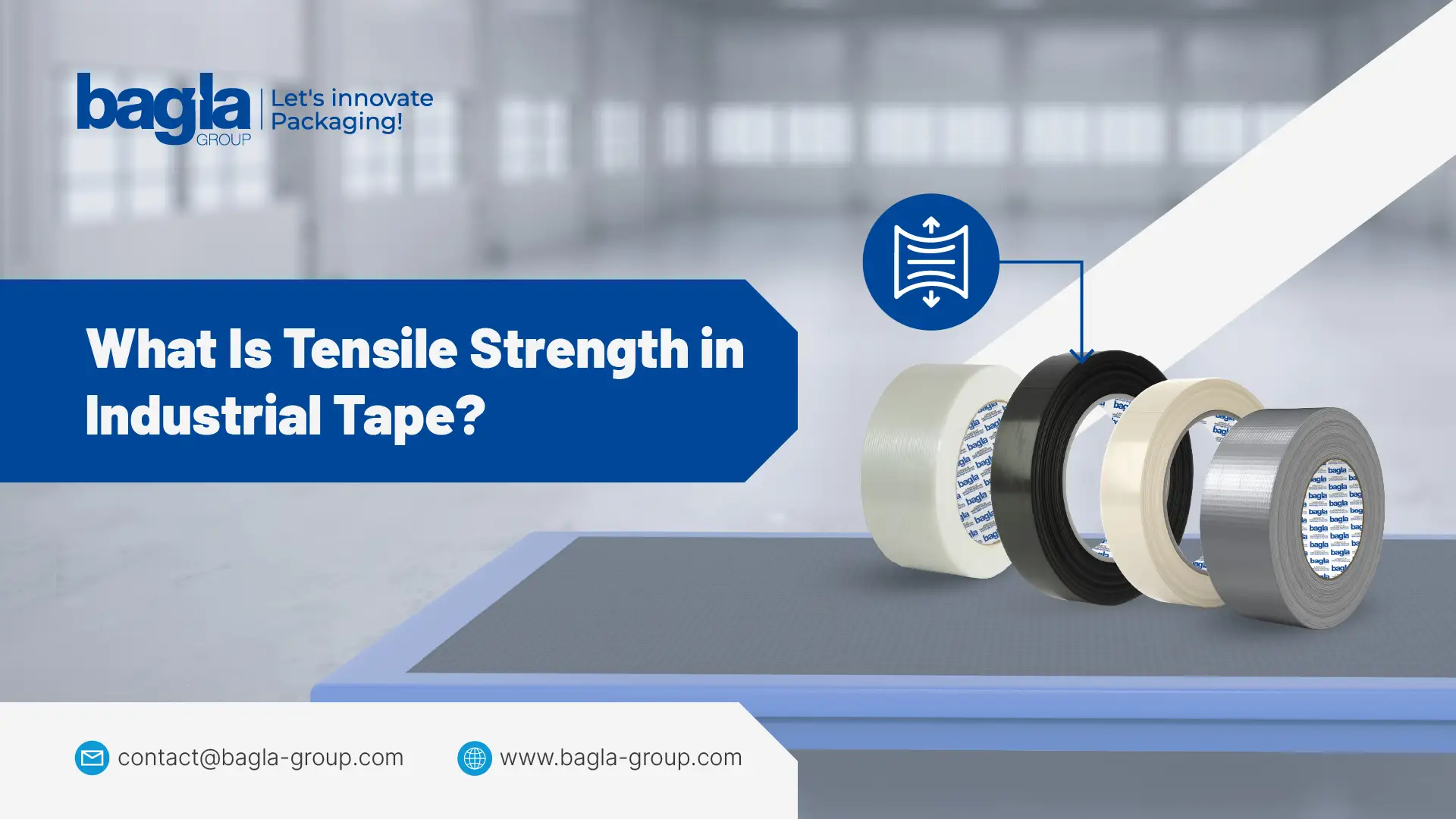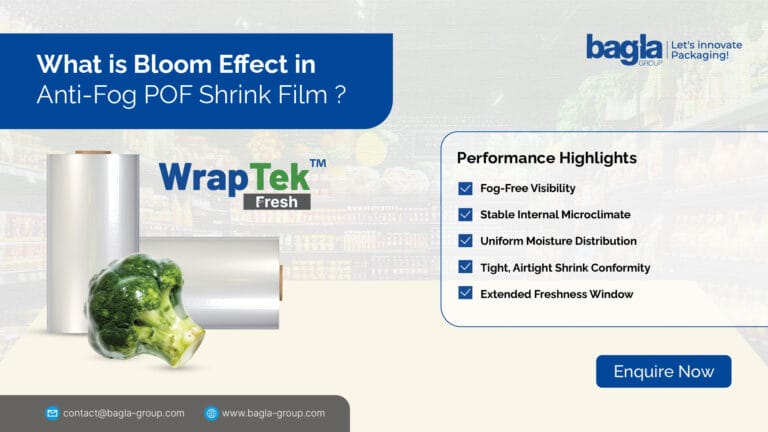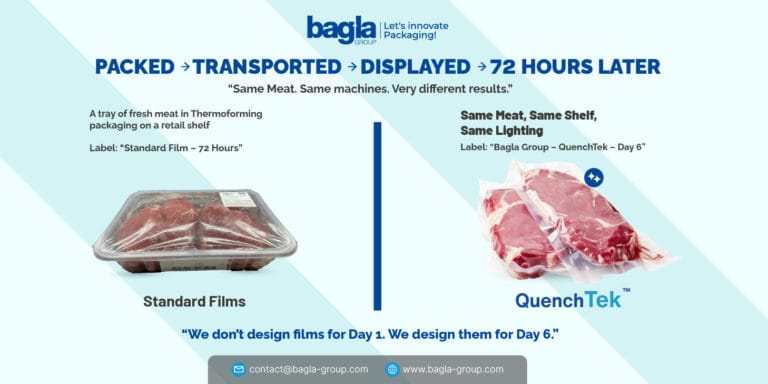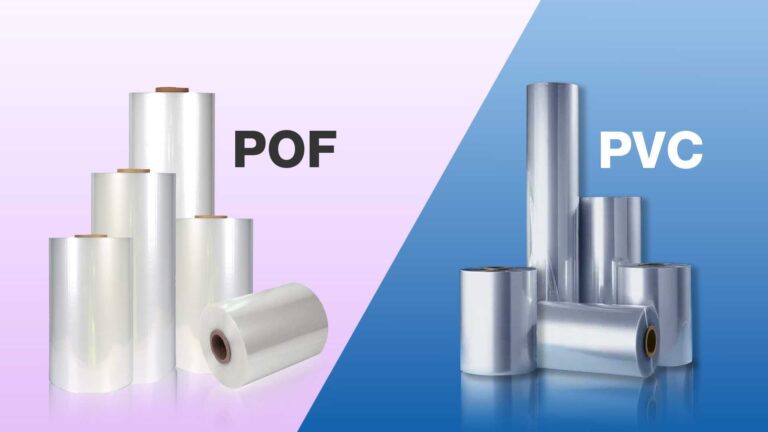In the world of packaging, automotive, construction, and electronics, industrial tapes play a critical role. It is necessary for bonding, sealing, reinforcing, and even insulating materials. To define the effectiveness of the industrial tape the one of the critical performance parameters is tensile strength.
Whether you are a manufacturer, logistics professional, or automotive technician, it is crucial for you to understand the tensile strength to choose the best tape for product packaging.
What Is Tensile Strength?
Tensile strength refers to the maximum force that a material can hold out against while being stretched or pulled before breaking. It measures the strength and durability of the material under tension, which is usually measured in newtons per centimeter (N/cm) or pounds per inch (PPI).
Importance Of Tensile Strength In Industrial Tape
Tensile strength in industrial tapes plays a very crucial role, and it is important because:
- Load-Bearing Capacity: High tensile strength ensures that the tape can handle heavy-duty tasks without snapping or tearing.
- Safety and Reliability: Tape failure in construction and electrical applications can lead to safety hazards or operational breakdowns.
- Cost-Efficiency: When you choose a high tensile, strong tape, this may reduce the use of double layers or replacements to save time and cost.
- Environmental Resistance: Tapes with high tensile strength often resist external stresses like temperature changes and humidity.
Tensile Strength Across Different Tape Types
As per the Bagla Group experts, here we present a compiled list of the tensile strength across different tape types:
| Tape Type | Typical Tensile Strength | Common Applications |
| BOPP Packing Tape | Medium (20-30 N/cm) | Box sealing, light industrial packaging |
| Filament Tape | High (150-300 N/cm) | Heavy-duty packaging, bundling metal rods |
| Duct Tape | Medium-High (50-70 N/cm) | Sealing HVAC ducts, general repair work |
| Electrical Tape | Low-Medium (15-25 N/cm) | Insulation in wiring, minor bundling |
| Double-Sided Tape | Varies (depends on adhesive) | Mounting, signage, and electronics assembly |
| Masking Tape | Low (10-20 N/cm) | Painting, light holding tasks |
Factors Influencing Tensile Strength
Tensile strength in Industrial tapes depends on the various factors listed below:
- Backing Material: Most manufacturers use polyester, fiberglass, or polypropylene materials because they offer higher tensile strength than paper or cloth.
- Reinforcements: Some tapes are embedded with fiberglass strands or synthetic mesh to improve strength.
- Thickness: Thickness matters a lot because thicker tape usually offers more resistance to breakage, though it’s not the only factor.
- Manufacturing Technology: Advanced manufacturing processes, such as biaxial orientation (used in BOPP tapes), enhance molecular structure for better performance.
How To Test Tensile Strength In Tapes?
Tensile strength is measured to determine the force a tape can withstand before breaking. It is usually measured by using the standardized mechanical testing methods, such as:
- ASTM D3759: Standard Test Method for Tensile Strength and Elongation of Pressure-Sensitive Tapes.
- ISO 1924: For fiber-based tapes, often used in paper masking
Before entering the market, industrial tapes go through a multiple test process. The tape is stretched under controlled conditions until it breaks, and the force required is recorded. It contains factors like width, speed of testing, and temperature that are standardized for accurate comparison.
Applications Where Tensile Strength Matters Most
Here is the list of applications where tensile strength plays an important role. This will ensure that the product packaging is durable and secure:
- Logistics & Export Packaging: Heavy-duty carton sealing for long-distance transport.
- Steel & Pipe Bundling: Using filament tapes for securing heavy materials.
- Automotive Assembly: Double-sided tapes with strong tensile ratings for trims and badges.
- Construction Work: Duct and masking tapes used in structural sealing.
- Electrical Installations: Tapes used in bundling wires and insulation.
A Checklist To Choose The Right Industrial Tape
As we know in the industrial tape selection process, tensile strength is a critical factor. So, before purchasing it, you must consult the following question with the leading tape manufacturer:
- What is the maximum load the tape will endure?
- Will the tape be exposed to heat, cold, or moisture?
- Is stretchability a concern? Some high-tensile tapes have low elongation.
- Is the application permanent or temporary?
- What surface is the tape adhering to?
Conclusion
Tensile strength in industrial tape is not just about the technical specifications. It is a measure of trust, durability, and performance in demanding environments. Tensile strength is maintained when industrial tapes are used. By understanding and evaluating this parameter, businesses can simply make informed decisions. This decision will reduce the risk, improve operational efficiency, and enhance product integrity.
At Bagla Group, a leading packaging solution provider continuously innovate and test our range of industrial tapes. We are building this to meet the toughest performance demands. The Bagla Group industrial tapes are reliable for bunding steel pipes or sealing cartons for export. So, you must choose the high-tensile strength tapes to ensure safety, strength, and peace of mind.
How To Calculate Tensile Strength?
To calculate the tensile strength, you just need to apply: Tensile Strength (S) = Force (P) / Cross-sectional Area (A).
Can Tensile Strength Be Improved By Layering Tape?
Using multiple layers of tape only improves the holding; it does not proportionally improve the tensile strength. So, for better strength, you must use high tensile strength.



